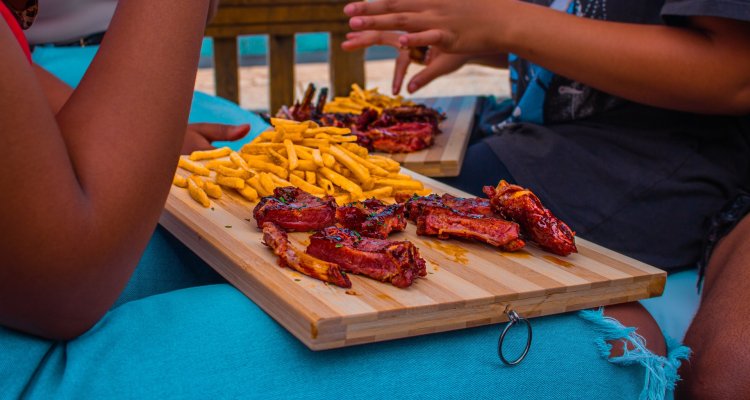
Project
Ribs, resistance and radical change
Why is eating less meat so challenging? This project focuses on resistance in societally transitioning towards reduced meat consumption. Instead of solely aiming to understand what enables a transition, we shift our focus to what inhibits social change. Resistance goes in this regard much beyond protest and demonstration. What happens in chefs’ kitchens? How flexible are our meat-based traditions? What are dynamics between people who do and don’t eat meat? These are the type of questions we aim to answer.
Background
Given current global issues of decreasing (non-)human and planetary health, scientists indicate a societal shift is needed from animal-based to plant-based consumption (i.e., a protein transition), which is characterized by a low frequency of meat. The path towards such healthier and more sustainable forms of consumption is steep and rocky. While resistance against eliminating meat consumption goes back to ancient centuries, it is currently also omnipresent in the context of transition and reduction of meat.
The main goal of the project is to better understand resistance in transitioning towards plant-based consumption through addressing it as part of social processes, and therefore, as something dynamic and changeable. Better understanding resistance can aid governments in developing strategies that further climate change mitigation through a protein transition.
Project description
In current consumption research, humans are often studied as rational beings, and in transition research, the focus lies on front-runners and niches. Moreover, group dynamics are often overlooked. Therefore, alternative approaches are needed, in which food consumption is understood as deeply embedded in social activities, practices, and relationships, and in which hesitation is not interpreted as lagging behind or reactionary, but acknowledged as people’s attachment to things like values, place, or tradition.
We understand resistance from a socio-cultural perspective, studying diverse topics, such as backlash against meat curtailment policies, chefs’ restaurant practices, and eating rituals related to Holidays; applying a range of theoretical concepts, such as ideology, craftsmanship, and tradition; and using various qualitative research methods to better understand resistance in specific settings, such as interviews, emotion networking, photo elicitation, and ideological discourse analysis.
Results
In our first study, we studied backlash against meat curtailment policies in online discourse. We understood resistance as rooted in ideology, and used the method of ideological discourse analysis by Teun van Dijk. The results revealed that three ideologies – carnism, neoliberalism, and populism – are expressed, and interlocked, in online Facebook discussion about Dutch policy aiming for an average meat consumption of no more than two times per week. Especially the finding of populism was striking, as that dimension was still absent from literature about meat reduction policy.
In our second study, we aimed to understand the potential roles, both supportive and hindering, of craftsmanship in sustainability transitions. To achieve this aim, we used the case of executive head chefs and their craft practices related to the protein transition. Drawing from 23 semi-structured interviews with chefs, including photo-elicitation, we found that they perceive animal- and plant-based material to be fundamentally different, but that these differences are embedded in a strong embodied relationship with animal- and a weaker one with plant-based material. Based on these relationships, we found two forms of craftsmanship that relate differently to sustainability transitions. “Classical” craftsmanship hinders such transitions, because it involves a strong relationship with animal-based material and therefore, it promotes the continuation and recurrence of an unsustainable practice. “Trailblazer” craftsmanship supports such transitions, because it involves seeking challenge in strengthening the embodied relationship with plant-based material, disrupting an unsustainable established practice. In the study, resistance appears in a more covert form and is observed within craft practice.
More results will be added soon.